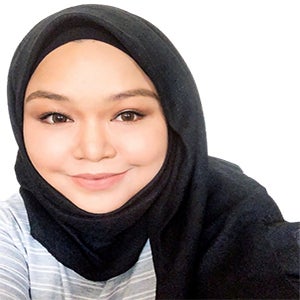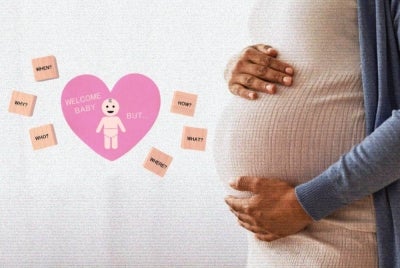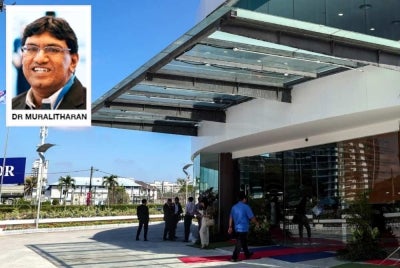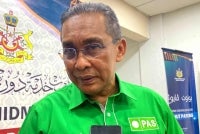Redefining neurodiversity: A new era of inclusion and advocacy
Gen Z, often characterised by their boldness, inclusivity and unflinching honesty, has taken the conversation around neurodiversity and disabilities to an entirely new level.
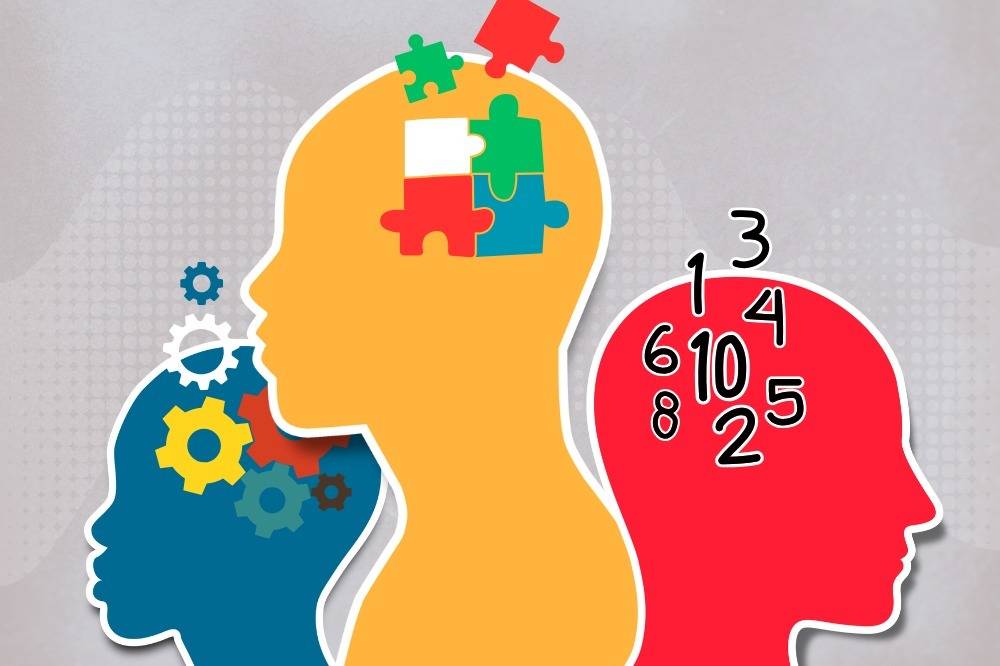
Photo for illustrative purposes only. Photo: Canva
Gen Z, often characterised by their boldness, inclusivity and unflinching honesty, has taken the conversation around neurodiversity and disabilities to an entirely new level.
It is not just about awareness—it is about redefining the narrative, they are not waiting for permission.
REWRITING THE NARRATIVE
In previous decades, the conversation surrounding disabilities and neurodivergence often fell within the confines of sympathy or, at worst, pity.
These discussions were often dominated by medical jargon, heavy-handed advocacy, or, perhaps more disturbingly, silence.
But that is not the world Gen Z inhabits.
This generation is rejecting the old paradigms, embracing neurodiversity not as a medical "condition" to be cured, but as a spectrum of human experience—valid, vibrant and worthy of recognition.
What does this look like in practice? Take a scroll through social media—TikTok in particular—and you will encounter young people sharing their stories, not seeking validation but offering it.
From attention deficit hyperactivity disorder (ADHD) to autism, dyslexia to anxiety, the individuals at the forefront of this movement are vocal and unapologetic.
They are disrupting the idea that disabilities need to be hidden, fixed, or "managed."
According to account executive Azizah Ghazali, 28, there is far less stigma around mental health and disabilities in Gen Z compared to previous generations.
"This has been shaped by more open discussions on the importance of therapy, mental health care and self-advocacy, especially on various media platforms," she said.
Azizah added that her generation viewed disabilities through a social model rather than a medical one.
In the social model, disability is seen as the result of societal barriers, such as physical inaccessibility, lack of accommodations and discrimination, whereas the medical model focuses on the individual and their impairments.
"Gen Z is more inclined to advocate for changes in systems and structures to make the world more accessible for people with disabilities," she said.
THE POWER OF VISIBILITY
In this digital age, visibility matters. Social media has been the cornerstone of Gen Z's advocacy.
It is a platform where young people can give voice to experiences that were once marginalised.
Platforms like TikTok, Instagram and YouTube have birthed communities where neurodivergent individuals find solidarity while simultaneously challenging mainstream portrayals of disability.
These spaces have given rise to influencers and creators who defy outdated stereotypes of disability, highlighting the richness of their lived experiences, talents, and aspirations.
One such voice is @neurodivergent_nana on TikTok, a neurodivergent creator who openly shares daily life with ADHD.
By normalising the highs and lows of neurodivergence, they have created a space where others can see themselves reflected.
Similarly, @autistic_ally showcases the beauty in being autistic, breaking down misconceptions and offering educational content with humour and grace.
These voices are part of a broader movement that emphasises that disability is not a flaw to be "overcome," but a part of a whole person to be understood.
For Ayra Rayyan, 16, who has an autistic sibling, personal testimonies from people who have spoken about their disabilities have really changed her perspective on neurodiversity and disabilities.
"There are many influencers who dedicate themselves to making content to educate people about such topics for free, which has really helped our generation move forward in our mindsets.
"I approach those with disabilities with understanding and care since they are, at the end of the day, just like us.
"They are still humans who should be respected," she said.
Gen Z is also amplifying the stories of those who often go unheard.
They are shifting the focus from "fixing" individuals to making the world more adaptable and accepting.
This perspective has reshaped the conversation from being about disability to being about diversity.
It is a reframing of the narrative that makes room for people who think, move and experience the world differently.
THE INTERSECTIONALITY OF INCLUSION
Gen Z does not approach neurodiversity and disability in a vacuum.
They understand that these identities are intricately linked to broader systems of oppression, power and privilege.
For them, advocating for neurodivergent people is not just about making space for more "types" of minds.
It is about creating a world where people with disabilities—whether mental or physical—are fully included in society's fabric.
For Omera Joan Farooqi, 18, who is herself neurodivergent, Gen Z rarely feels shame in admitting their diagnosis, and those who do usually feel that way due to a societal lack of support.
"This lack of support is particularly evident in schooling and the workplace because of possible bullying and stigma, which, in Malaysia at least, has not improved much.
"My neurotypical peers also tend to express enough empathy and curiosity to learn more about certain conditions."
"You will certainly encounter those who refuse to understand or who will see neurodiversity and its challenges in a negative light or as jokes, but everything exists on a spectrum," she said.
Omera added that the internet and social media have played a big role in this increased acceptance.
"It is not uncommon to see certain online spaces, niche ones specifically, filled predominantly with neurodivergent people of all ages.
This allows people to mingle and share experiences, and for anyone who comes across these communities to reevaluate their own personal ideas towards certain conditions," she said.
This intersectional lens also extends to how mental health plays a pivotal role in the broader conversation.
For Gen Z, mental health is not a separate conversation from disability; it is a central one. ADHD, anxiety, depression—these are conditions that Gen Z is addressing head-on, with an emphasis on destigmatisation and access to proper care.
BREAKING THE STIGMA WITH LANGUAGE
Perhaps one of the most radical shifts in how Gen Z has embraced neurodiversity is in their approach to language.
The generation has a keen sense of how words shape perceptions, and they are reclaiming and evolving language to reflect a more nuanced, respectful and empowering approach to neurodiversity.
Terms like "neurodivergent," "autistic," and "disabled" are no longer seen as pejorative.
Instead, these words are part of an evolving lexicon of empowerment.
Alia Kamil, 15, said that Gen Z refuses to fit neatly into these boxes. They understand that disability is multifaceted and cannot always be neatly defined.
Tutor Syaridz Zirhan concurred.
"Neurodiversity and disabilities are just a natural part of life. I try to approach these topics with positivity.
When interacting with others who have disabilities, I make an effort to be understanding and supportive, looking for ways to assist them," he said.
A VISION OF THE FUTURE
What is next for this generation?
Gen Z envisions a future in which neurodiversity and disability are not separate categories but rather a natural part of the human experience.
They are not waiting for institutions to "catch up" or for society to change in small increments.
Instead, they are leading the charge towards a world where the very idea of disability does not carry shame or limitation, but rather diversity and possibility.
The embrace of neurodiversity by Gen Z is more than just a trend—it is a cultural shift, one rooted in empathy, advocacy and an unwavering belief in inclusivity.
And as they continue to push boundaries, the world will undoubtedly begin to look a little more like the inclusive, adaptive place they have long envisioned.
For Gen Z, the future is already here. And it is a future that includes everyone, regardless of how they think, move, or experience the world.
Download Sinar Daily application.Click Here!
